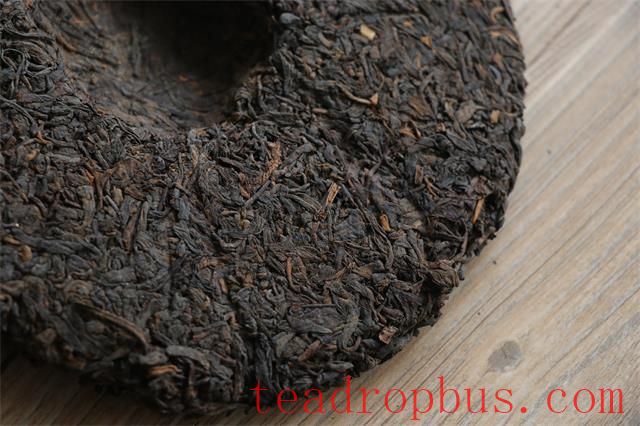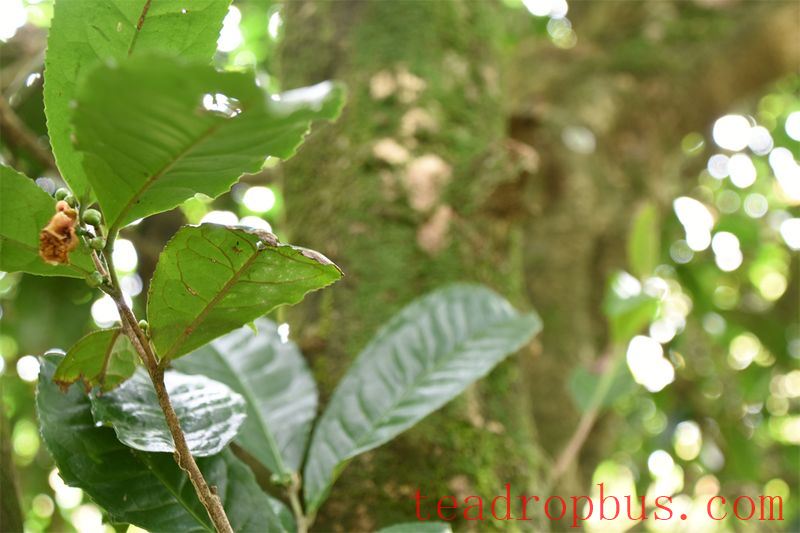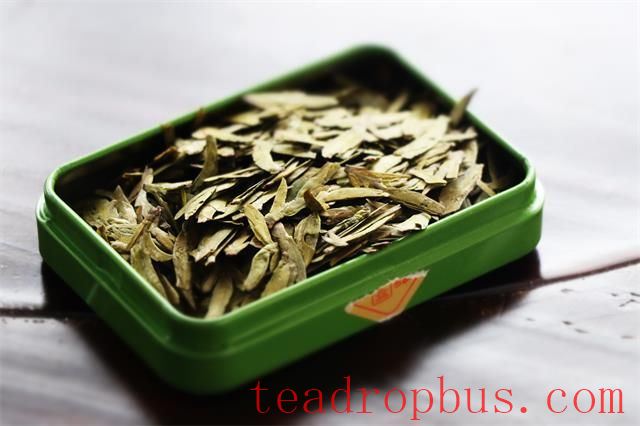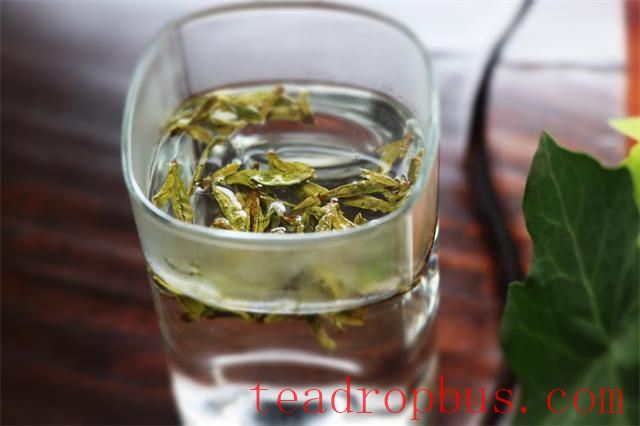As is known,
some teas improve with age.
For example, Pu'er Tea.
The older its vintage, the higher its value and quality.
Therefore, many tea enthusiasts believe that tea:
—gets better with age, so they just put it aside without a second glance at the expiration date on the tea box.

However, it's important to note that not all teas follow this rule.
The reason some teas improve with age is due to their unique production processes.
In comparison, can simple green teas be stored for years and still be drinkable?
01
Tea Expiration Dates
Generally, the shelf life of Green Tea is around 18 months. However, different types of tea have varying shelf lives.
The production process for green tea is relatively simple; after harvesting, immediate processing is required to prevent fermentation which affects taste. Once processed, to maintain the quality of green tea, it must be sealed, protected from light, kept dry, and stored in low temperatures, or else it will quickly oxidize and spoil.

Stored in a low-temperature environment (0-5 degrees Celsius), green tea can be preserved for one to one and a half years while retaining its color, aroma, and flavor. Stored at room temperature for long periods, even if properly sealed, air contact cannot be entirely prevented, causing the tea to oxidize and lose its fresh taste.
Therefore, if green tea has been stored for several years, it likely exceeds its optimal tasting period based on its expiration date.
It's important to note that this is a general estimate, and the actual suitability for consumption depends on storage conditions and the appearance and smell of the tea.
02
Can Green Tea With “Vintage” Be Drunk?
Humidity, temperature, light, and oxygen in the air all affect the storage of green tea. Therefore, when storing green tea, choose a dry, cool, and dark environment to slow down the aging process of the tea.

Green tea stored for three to five years, although past its expiration date, can still be consumed if stored properly, though its flavor and aroma will be significantly reduced.
Additionally, the Caffeine content in green tea decreases over time, reducing its stimulating effects. Tea enthusiasts who drink tea for the energy boost should consider this point.
03
In the Following “Two” Scenarios, Drinking Is Not Recommended
Mold: If the tea develops an unusual smell, color, moisture, or mold during storage, it's recommended not to consume it to avoid adverse health effects.
Improper Storage Conditions: If stored at room temperature for more than two years, it's generally not recommended to continue drinking the tea. As mentioned earlier, green tea stored at room temperature will typically go bad within half a month. After two years, the tea has lost much of its drinking value and may pose various health risks.

In conclusion!
If you're seeking high-quality green tea, it's best to choose fresh green tea.
Tea stored improperly should be discarded.